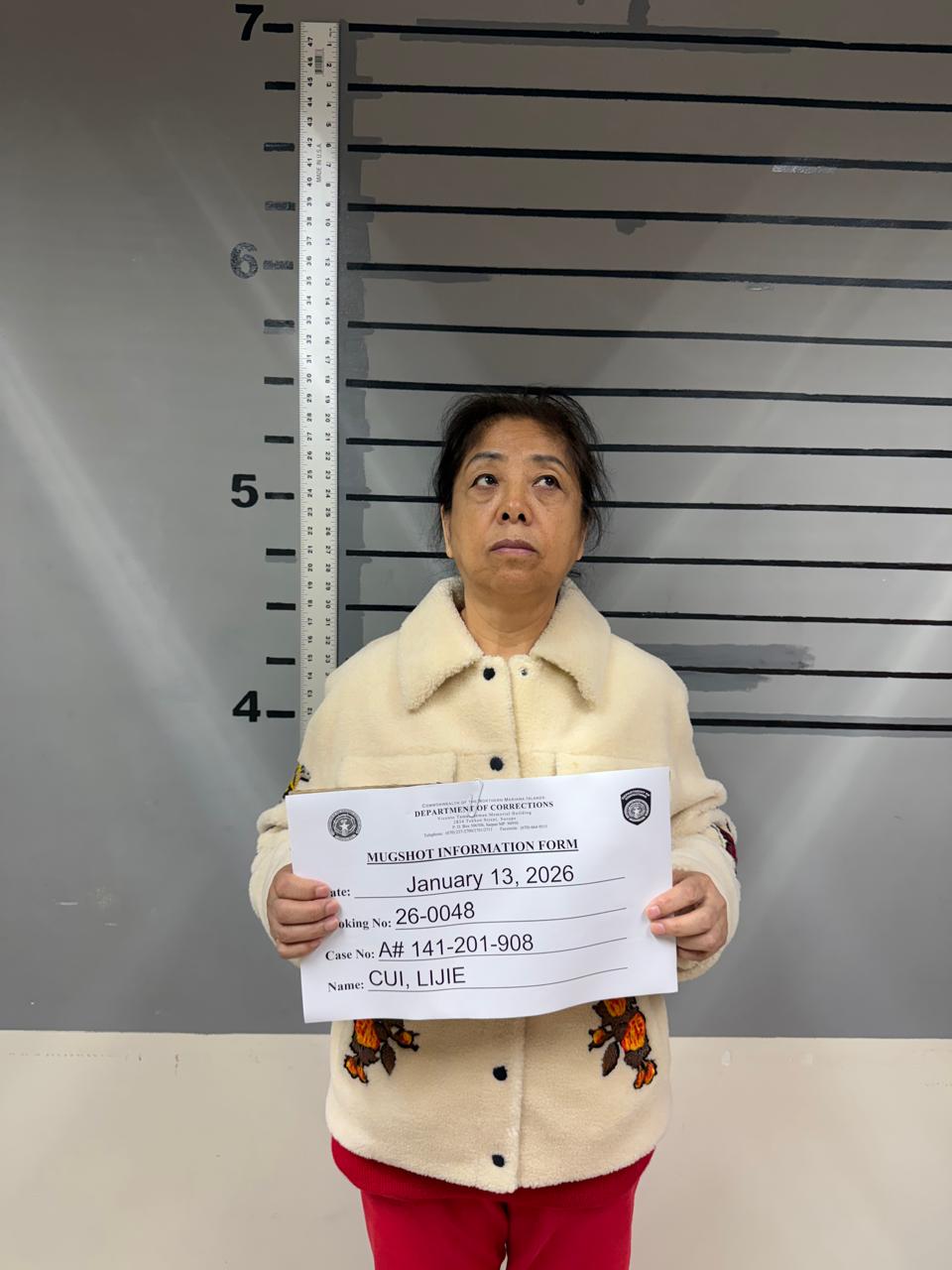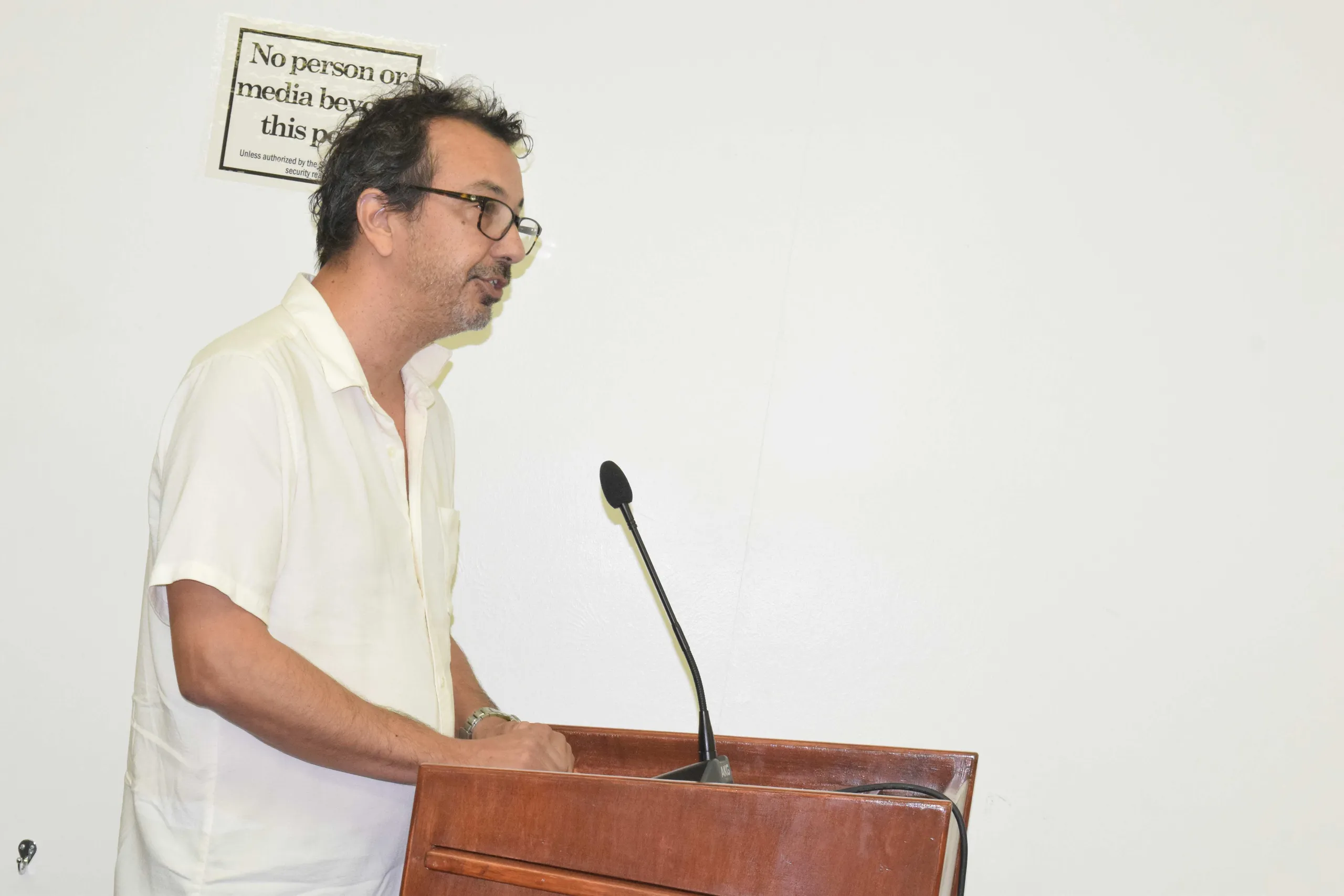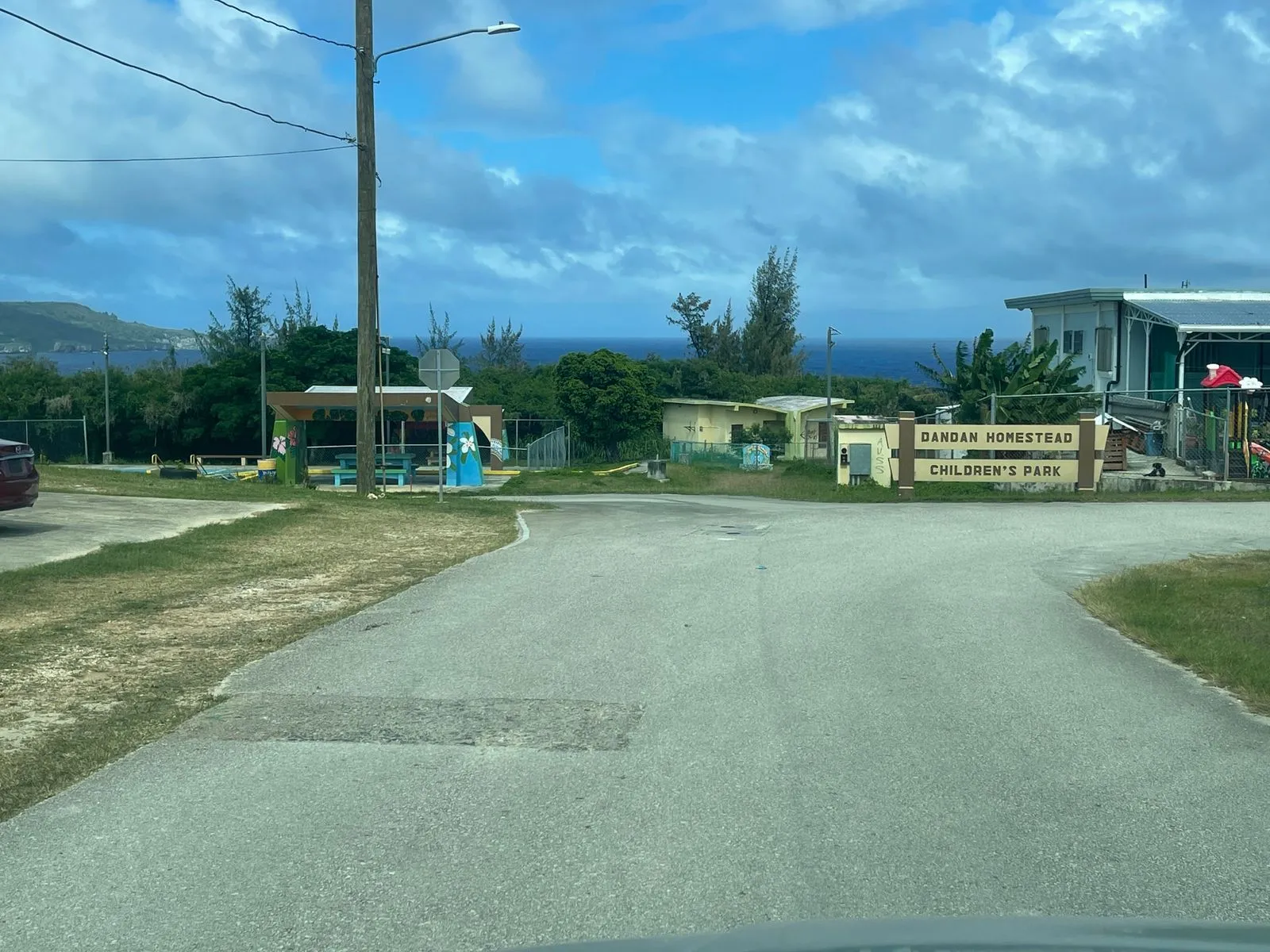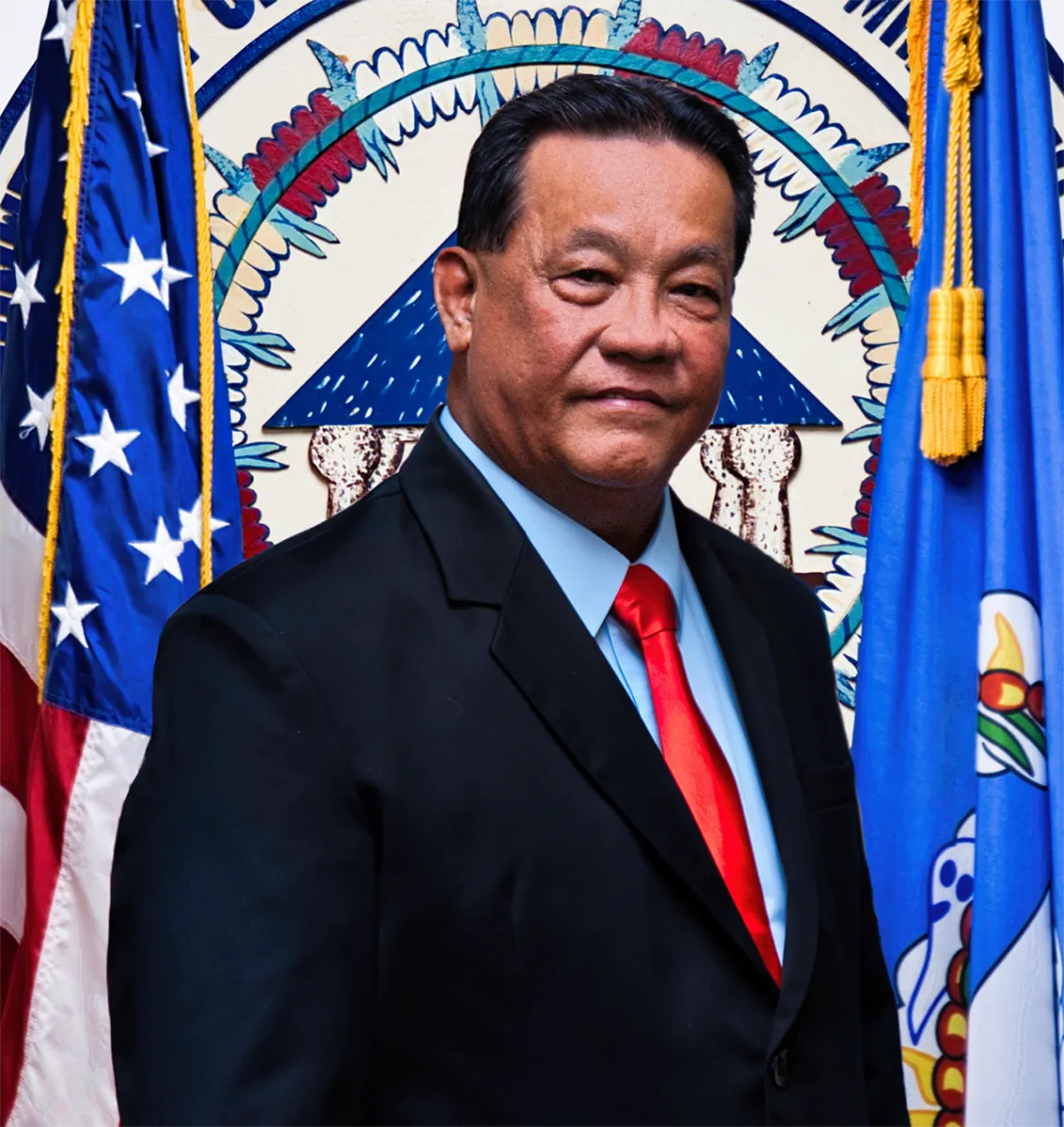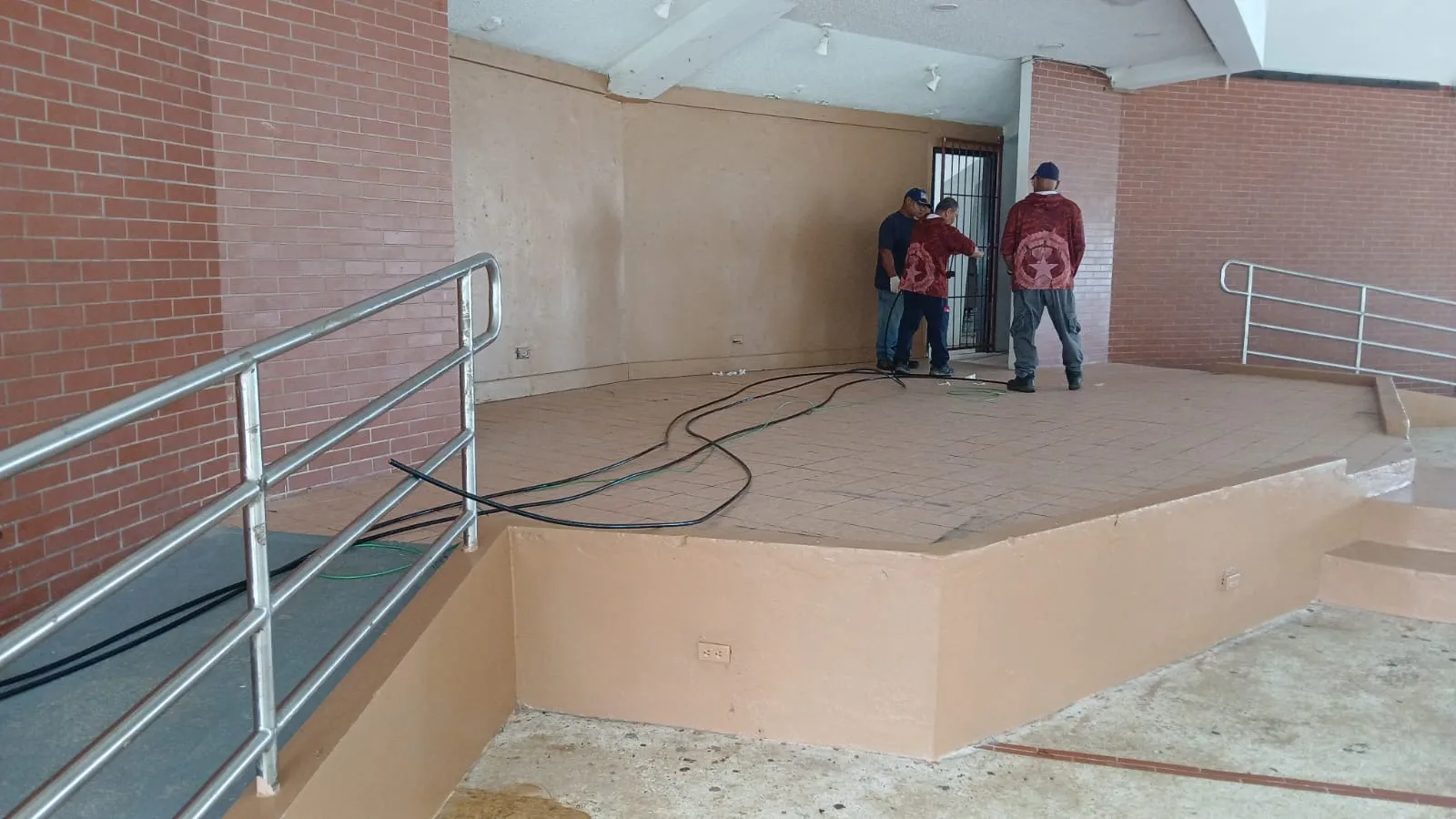
SAYING that the CNMI Department of Labor improperly dismissed Shi Yunxiao’s complaint against an employer, Superior Court Judge Lillian Tenorio set aside DOL’s final agency decision and remanded the matter to the administrative hearing officer for an evidentiary hearing on all claims filed by the employee.
In 2019, Shi Yunxiao, a “foreign national worker,” filed a pro se complaint against Donghui Jewelry Group Corporation, alleging unpaid wages, wrongful termination, unsafe work conditions, with intimidation and harassment claims.
In a 16-page order, Judge Tenorio said she finds no legal basis to affirm DOL’s determination that its administrative hearing officer or AHO lacks jurisdiction to adjudicate the employer’s breach of contract and constructive discharge claims.
“Rather than conducting a thorough analysis of the statutory framework governing the AHO’s jurisdiction — including the authority to adjudicate breach of contract and common-law claims — the AHO relied on general principles of administrative law to conclude that it lacked jurisdiction over employee’s claims,” the judge stated. “However, a proper statutory analysis requires consideration of the language, purpose, and intent of the governing public laws,” she added.
Citing the regulations, she said a foreign national worker or FNW’s complaint may be dismissed if neither the party nor their representative appears at the scheduled hearing without good cause.
Additionally, dismissal is proper if an FNW has left the Commonwealth for at least six months without notifying the AHO of their contact information, the judge said.
However, “in the present case, these conditions for dismissal are not met. The Employee’s attorney continued to represent him at hearings, including on February 22, 2023. Although the Employee has been absent from the Commonwealth for more than six months, the AHO had his contact information through his attorney. Rather than abandoning his claims, the Employee actively pursued them through local counsel. These facts repudiate the AHO’s rationale for dismissing the complaint,” the judge said.
She said the “court reviewed the AHO’s reasons for denying the Employee’s requests to appear remotely. The Employee consistently asserted that prohibitive travel expenses, work obligations, and fears of retaliation by the Employer constituted reasonable grounds for allowing remote testimony.”
Despite previous rulings, the judge said, the “AHO in this case imposed an unreasonably high standard for remote testimony, asserting among other things, that the Employer had a right to confront the Employee — a right applicable only in criminal cases under the confrontation clause.”
According to the judge, “The AHO’s refusal to exercise its discretion unnecessarily delayed the Employee’s claims for several years. Although the AHO initially acknowledged the Employee’s financial hardship and fear of retaliation, it continued to insist that it lacked authority to allow remote testimony despite NMIAC § 80–20.1–480(b) explicitly granting such authority. The AHO’s reluctance was evident in its concerns about administering oaths, assessing credibility, and preventing external influence during remote testimony. However, these concerns could have been mitigated through safeguards, such as requiring the Employee to testify via videoconference in a controlled environment.”
Judge Tenorio also noted that the challenges of remote testimony are not unique to the employee’s case “as similar logistical issues arise when parties testify remotely from Rota or Tinian while the AHO is in Saipan.”
“While courts generally defer to agency decisions, deference is not absolute. An agency decision that misapplies a statute or rule, or lacks a reasonable basis, is arbitrary, capricious, and an abuse of discretion,” the judge said.
Background
Shi Yunxiao amended his complaint twice, and through an attorney, filed a second amended complaint on April 22, 2022.
The investigative arm of DOL determined that he was owed approximately $14,000 in wages and issued a determination and notice of violation.
On March 5, 2020, the AHO denied Shi Yunxiao’s request to appear remotely explaining that “[c]omplainants who have exited the [Commonwealth] do not typically appear telephonically or through videoconferencing, [although] the Administrative Hearing Office has conducted hearings [via videoconferencing] for claims filed in Rota and Tinian.”
The AHO further stated that conducting a remote hearing in this case would present additional challenges, including administering oaths remotely, assessing the credibility of employee’s testimony, and ensuring the integrity of testimony by preventing external influences.
The AHO likewise noted the employer’s right to confront the accuser and concluded that “the above-mentioned alternatives are not viable.”
Given the Covid-19 pandemic and resulting travel restrictions, the AHO took the matter off calendar, saying that requiring the employee’s physical presence in the Commonwealth would pose an undue hardship.
On March 16, 2021, a year later, the AHO ordered the parties to be physically present and testify within the Commonwealth. The AHO reiterated that “there is no [applicable] rule or regulation that allows the AHO to take testimony from a witness located outside the Commonwealth.”
However, the AHO vacated the hearing, finding that: (1) the employee established good cause for not returning due to intimidation and threats of violence by the employer; (2) the Covid-19 public health emergency posed substantial health risks to the employee’s travel to Saipan; and (3) financial hardship, including the costs of quarantine and testing, created an additional burden.
The AHO also stated that the employee had not abandoned his claim and had remained in contact with the AHO.
On May 6, 2022, the AHO issued an order to show cause after reviewing the complaint and finding several deficiencies. One such deficiency was the failure to specify the period of unpaid work, and the number of hours worked.
The AHO also questioned the inclusion of breach of contract and constructive discharge claims, noting that these claims are based on common-law principles and appeared to be beyond the AHO’s jurisdiction.
On June 15, 2022, the AHO dismissed the breach of contract and constructive discharge claims for lack of subject matter jurisdiction. The AHO reasoned that these claims fell outside its statutory authority, and criticized previous decisions that had improperly expanded its jurisdiction.
On Oct. 4, 2022, the AHO issued a scheduling order setting the administrative hearing for Feb. 22, 2023, following multiple continuances due to the Covid-19 pandemic. At the February 2023 hearing, neither party was personally present, prompting the AHO to issue an order to show cause as to why the case should not be dismissed.
The employee requested the reconsideration of the AHO’s prior denial of remote appearance, citing manifest injustice and a denial of due process. The employer moved to dismiss the case, arguing that the employee failed to establish good cause for non-appearance and had delayed the proceedings, causing undue financial strain on the employer.
On May 16, 2023, the AHO denied the employee’s reconsideration request on timeliness grounds. The AHO acknowledged its discretion to conduct remote hearings but reiterated that such accommodations were typically limited to parties on other islands within the Commonwealth.
The AHO determined that the employee failed to establish good cause for his absence given that air travel from Japan to Saipan was available, and the public health emergency was set to expire on May 11, 2023. The AHO rejected the employee’s argument that travel costs were prohibitive and exceeded the amount of damages he claimed, and dismissed the case for abandonment.
The employee appealed the AHO’s June 2022 and May 2023 orders.
On July 7, 2023, the secretary of Labor issued a final agency decision, affirming the AHO’s May 2023 order in its entirety.
On Aug. 3, 2023, Shi Yunxiao timely petitioned for judicial review of the final agency decision.


